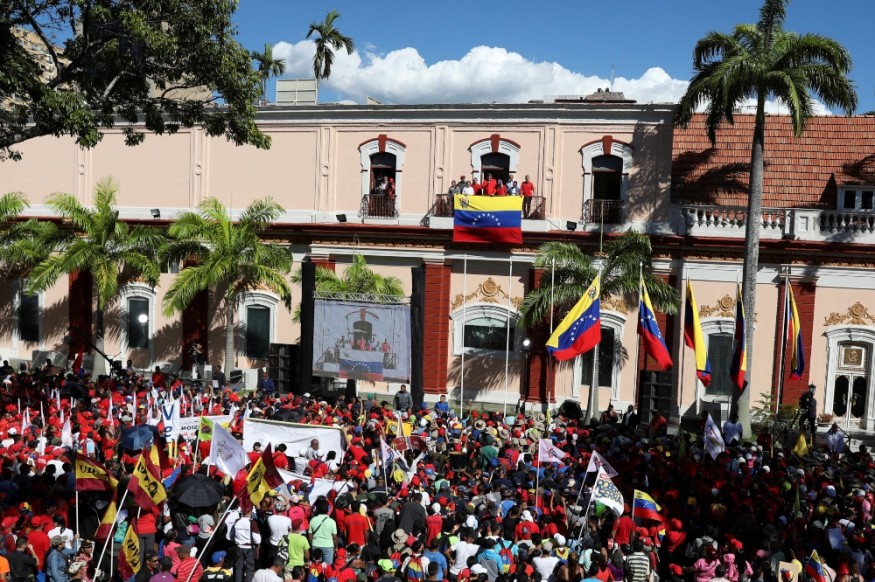Top 9 Most Corrupt Countries In Latin America

Widespread corruption remains to be an impediment to economic and social development in countries throughout Latin America. This week, Transparency International released their latest corruption index, which measures the perception of corruption in different countries around the globe, according to an article by Forbes.
The index considered the perception of public sector organizations, experts and business people in determining which countries are most corrupt. The year's Index has drawn on 13 surveys and expert assessments to measure public sector corruption in 180 countries and territories, giving each a score from zero as 'highly corrupt' to 100 as 'very clean.'
This year's result indicates that corruption is more pervasive in countries where big money can flow freely during electoral campaigns and where governments fails to listen to the voices of the masses and only to those in the upper-class society.
Latin America garnered an average score of 43 for the fourth consecutive year on the CPI which indicates the region's failure to make significant progress in the combat corruption. The report emphasized the countries' ranking is affected by the challenges such as political leaders acting in their own self-interest at the expense of the citizens they serve and political party financing which compromises electoral integrity.
Among the Latin American countries, Uruguay and Chile stand out as the region's least corrupt countries. While many countries in the region are working to increase transparency, implement new money laundering controls, and equip their police and court systems with the tools necessary to investigate and prosecute political corruption, most of the region performed quite poorly.
Here are the most corrupt countries in Latin America, according to the CPI:
1: Venezuela:
2: Haiti
3: Nicaragua
4: Guatemala and Honduras (tie)
5: Paraguay and the Dominican Republic (tie)
6. Mexico
7. Bolivia
8. El Salvador
9. Brazil
The recent Global Corruption Barometer highlighted vote-buying and other corruption issues in Mexico. However, there are positive changes in the country such as the recent anti-corruption reform, along with a new, legally autonomous attorney general's office.
Meanwhile in Nicaragua, social unrest and human rights violations continue to increase. Moreover, the country lacks public services and consultative decision-making.
The Index further shows that Brazil remains stagnant in the corruption index. This is due to the series of setbacks to its legal and institutional anti-corruption frameworks and difficulties in advancing wide-ranging reforms to its political system. There is a growing political interference with President Bolsonaro's anti-corruption institutions. For instance, Brazil's Supreme Court injunction virtually paralyzed its anti-money laundering system. In addition, congressional approval of legislation threatens the independence of law enforcement agents and the accountability of political parties.
Delia Ferreira Rubio, chairperson of Transparency International stressed the urgency of the situation that governments must act upon immediately.
"Governments must urgently address the corrupting role of big money in political party financing and the undue influence it exerts on our political systems," she said.
The Corruption Perceptions Index was launched in 1995 as Transparency International's flagship research product. Since then, it has become the leading global indicator of public sector corruption, offering an annual snapshot of the relative degree of corruption by ranking countries and territories from all over the globe. In 2012, Transparency International revised the methodology used to construct the index to allow annual score comparison.
Subscribe to Latin Post!
Sign up for our free newsletter for the Latest coverage!

















